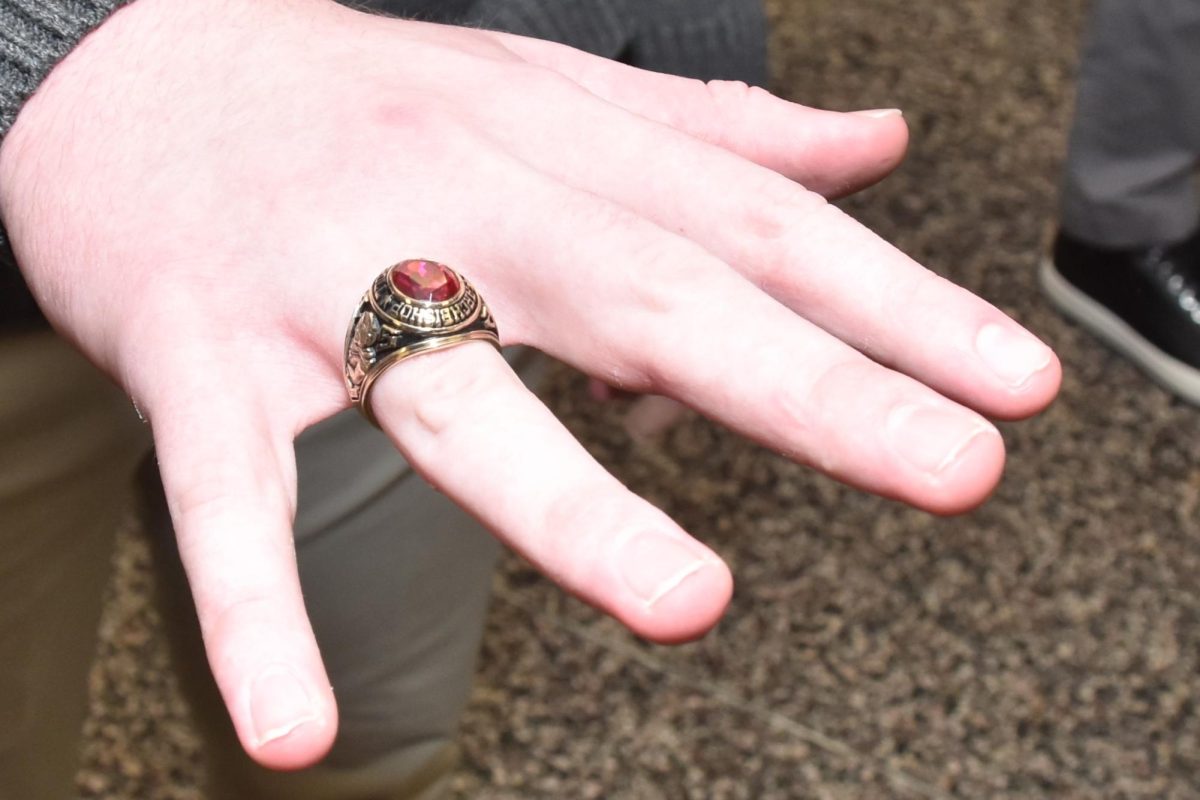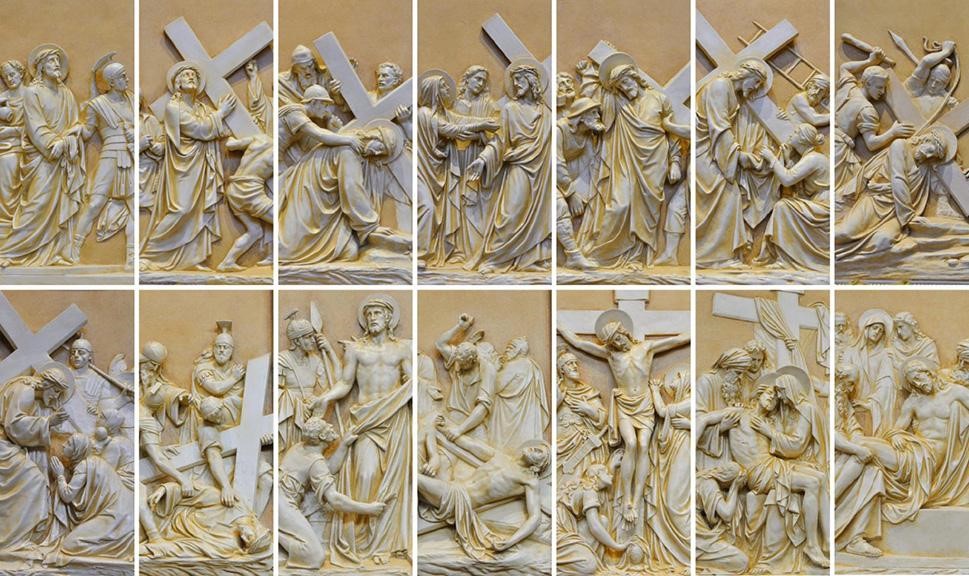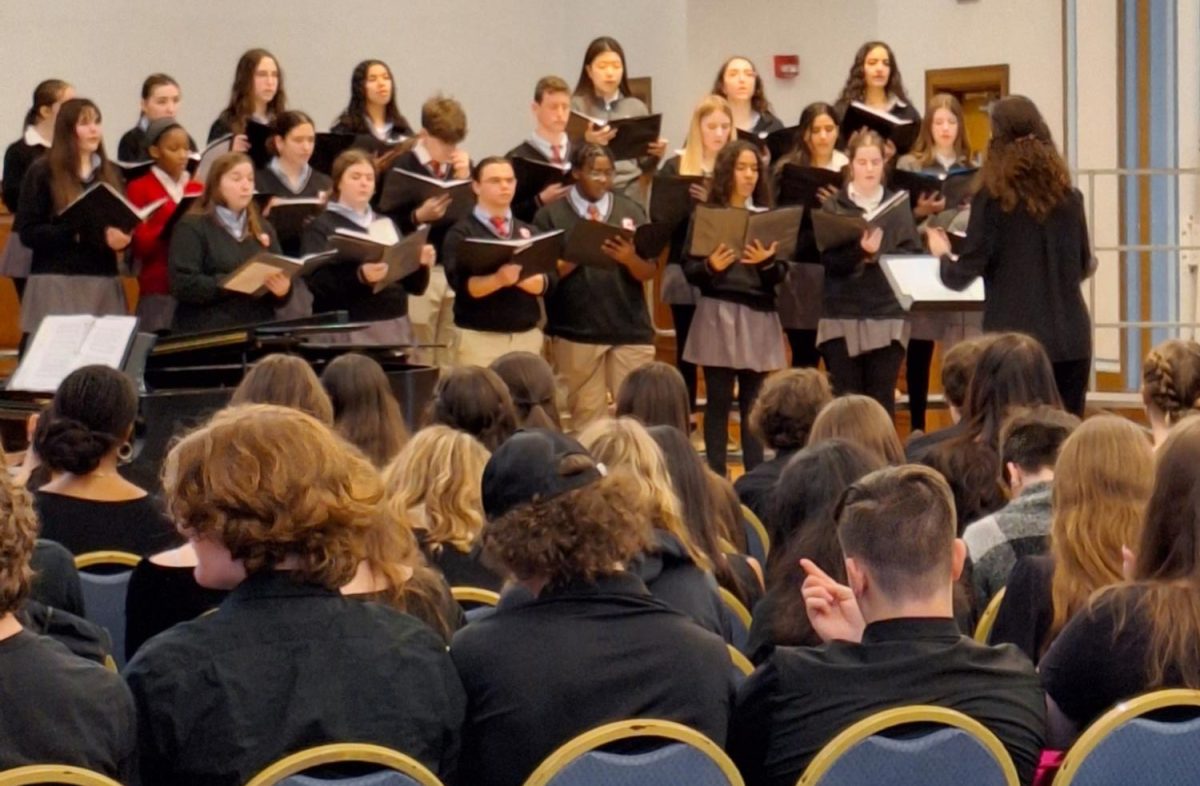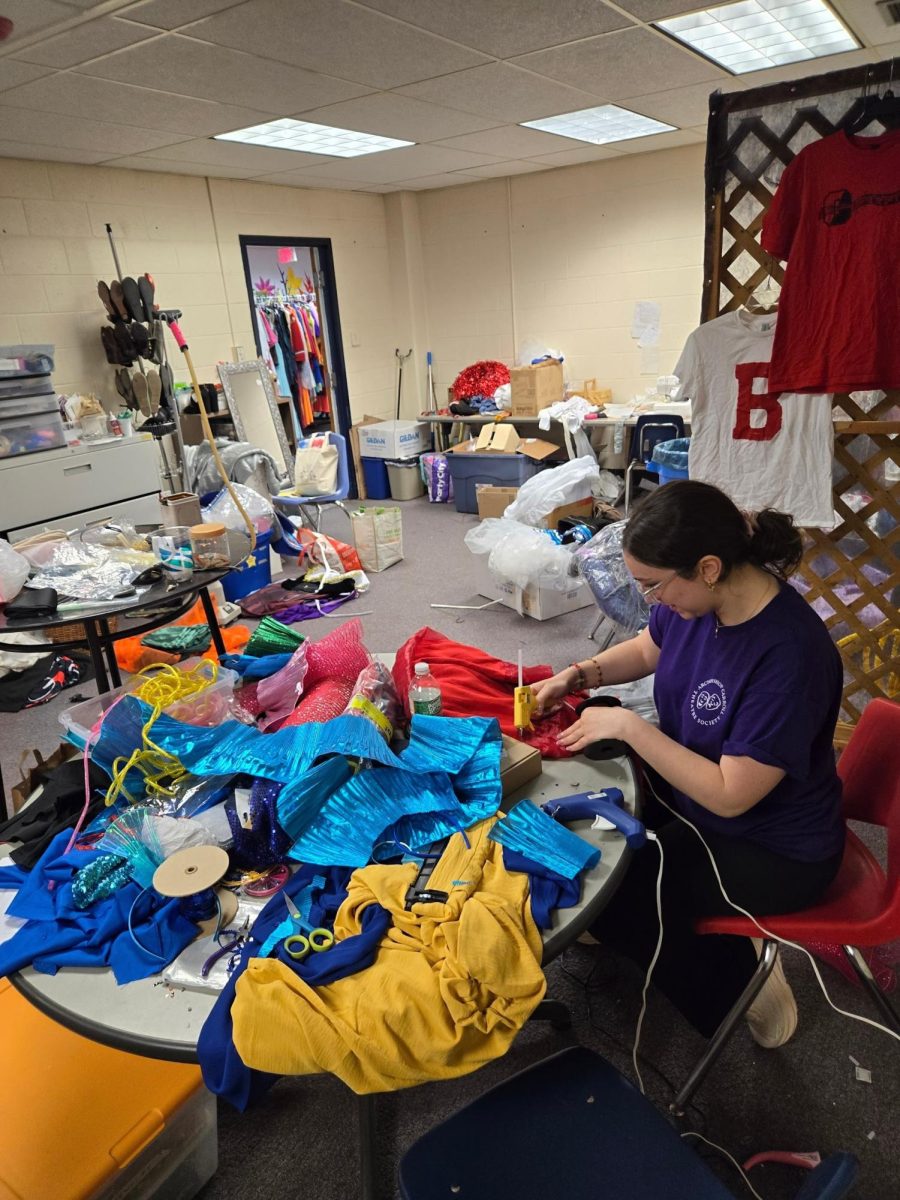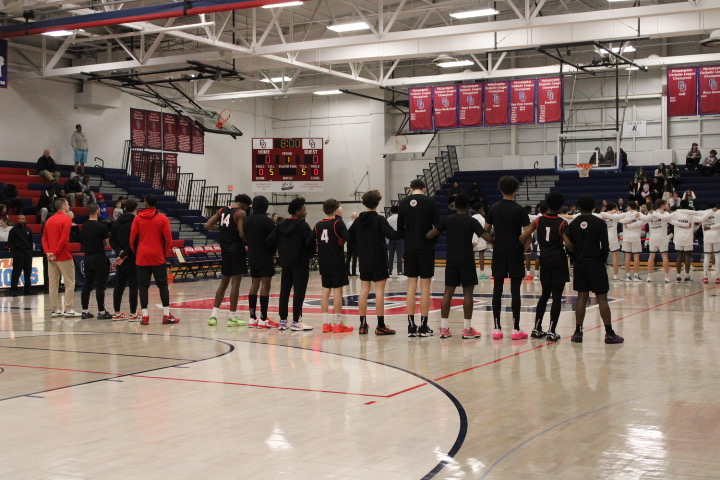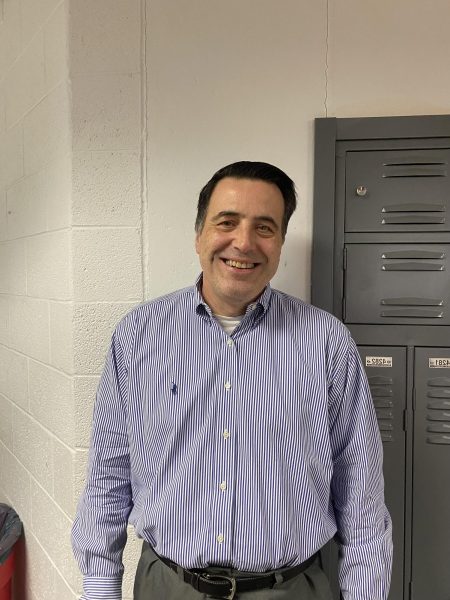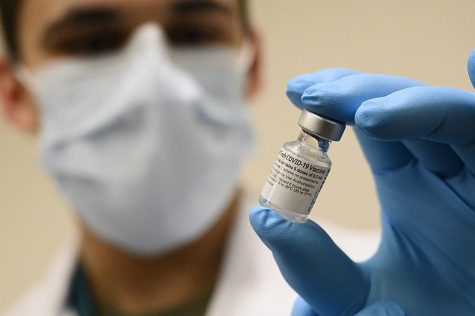Concerns about coronavirus keep Chinese students out of school
February 3, 2020
Archbishop Carroll students who went home to China for Spring Festival — the celebration of the Chinese New Year — are not allowed to return to the Radnor campus until the end of the incubation period for the Wuhan Coronavirus.
The Wuhan Coronavirus, named after the central China city where it originated, has killed 492 people so far and sickened 24,500 around the world, according to a Feb. 5 CNN story. Eleven people have tested positive for the virus in the U.S. as of Feb. 3, according to the Centers for Disease Control.
Concerns about the transmission of the disease led the Archdiocese of Philadelphia to tell Chinese students in its 17 high schools to stay out of school for two weeks if they just returned from China. Archbishop Carroll is one of the archdiocese’s 17 high schools.
“While there is no evidence to suggest the presence of coronavirus in any of our schools, we have implemented the following practices out of an abundance of caution,” wrote Sister Maureen L. McDermott, superintendent of the archdiocese’s secondary schools, in a Jan. 31 statement. “They are based on guidelines set forth by the Centers for Diseases Control (CDC).”
Those guidelines say the time between a person being exposed to the virus and the person exhibiting symptoms is two to 14 days. Students returning from China are required to remain wherever they are staying in the U.S. for 14 days following their reentry to the United States and can return to school if they have no symptoms, McDermott wrote her statement. If they have symptoms, they have to get medical attention right away.
Several Carroll students are affected by the quarantine. They will not be allowed on campus until Feb. 18. Teachers will send those students assignments to do while they are away from the classroom.
Among the students who cannot return to Carroll yet are Kammy Chen and YiZhang Hu, both senior girls. The two traveled home to China for Spring Festival, the celebration of the Chinese New Year. Chinese New Year generates excitement and festivities in China much like Christmas and New Year’s Eve do in the U.S.
The virus, which broke out in December in Wuhan, a city in central China, prompted changes to Chinese New Year celebration plans, according to Chen.
“All the cinemas and pubs closed; some of the restaurants and shops also closed because of this,” Chen wrote in an email. “I always [wore] a face mask when going out. All of the shopping centers test your temperature before you come in.”
Hu had some family holiday plans that had to be changed.
“We planned to go to the beach, get together with our family in my hometown, and renew my Chinese ID,” Hu said in an email. However, because of the coronavirus crisis, “we only drove to Zhanjiang and met my aunts on the New Year’s eve(our calendar) and then came back home the next day. We [stayed] at home for the rest of my holiday.”
Like Chen, Hu said she was subjected to temperature checks everywhere, “even coming into my neighborhood.”
These checks happened even though both Chen and Hu were nowhere near Wuhan, the epicenter of the crisis. Chen was in Guangzhou, which is about 610 miles south of Wuhan. Hu was in Foshan, about 627 miles south of Wuhan, and in Zhanjiang, which is 827 miles south of Wuhan.
Chen said the crisis brought out a feeling of community among her countrymen.
“I also felt so warm because people are helping each other in the country,” Chen wrote. “All the doctors and nurses worked so hard when everyone [else was resting because of] the holiday. There are many nice people who donated money and resources. I also donated some. The whole mood in the country is quite helping and sweet.”
Neither girl said she was upset by the archdiocese’s decision to delay their return to Carroll.
“I feel that the rule is the best solution for all of us since the school wants to prevent all the possible effects and keep all the students safe,” Chen wrote. “I am very fine right now and I think I am safe. But we want to prevent the worse situation.
Hu said the rule will help calm nerves.
“I can understand that our school made this rule because there are many people worried about the coronavirus,” she wrote. “Actually I think this rule is good. I was concerned that people in school might afraid of us because of the coronavirus. In this case, the rule helps everyone.”
Sister McDermott’s message also said archdiocese students, teachers, and staff members should not travel to China for the rest of the school year. Any students who want to go to China have to get written consent from their both their parents and the school, according to The Inquirer.
